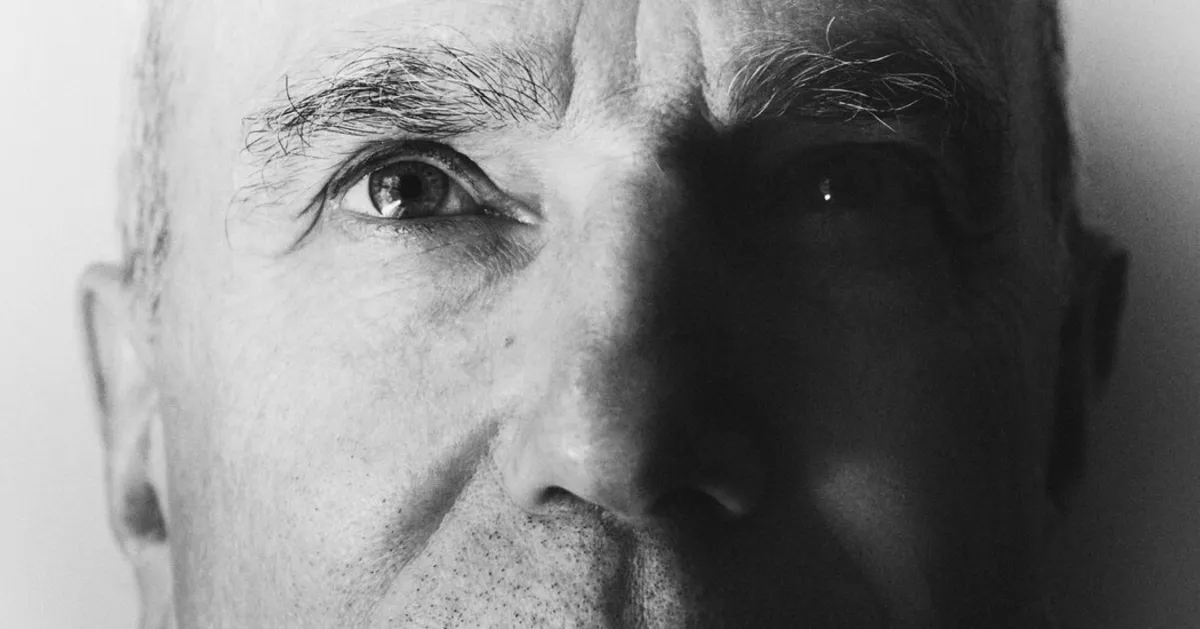
Daniel Day-Lewis knows you’ve got questions about his remarkable career. A three-time Oscar winner renowned for his striking performances in films such as “There Will Be Blood,” “Lincoln,” and “My Left Foot,” Day-Lewis is often celebrated as the world’s greatest living actor. However, he has long grappled with complicated feelings regarding his craft and the public responsibilities that accompany it. Known for taking years-long breaks between roles, Day-Lewis made headlines in 2017 when he announced his retirement after filming “Phantom Thread.” This revelation left many wondering: Could Day-Lewis be tempted back into acting, much like he did when he came out of semi-retirement for Martin Scorsese’s “Gangs of New York” in 2002? Or was this truly the end of a legendary cinematic journey?
Since his retirement announcement, curiosity surrounding Day-Lewis’s absence from the screen has only intensified. Even he, despite staying largely out of the public eye, has felt the weight of growing interest. “People tend to talk in a rather hyperbolic way: The more elusive you may seem to be, the harder they’re going to come after you,” he shared in a recent video call. Interestingly, Day-Lewis began collaborating with actress Saoirse Ronan on a new film project while still in retirement. “Knowing that it was quite possible I wouldn’t find my way back to working as an actor, I had kind of an anticipatory sadness that I wouldn’t then work with Ronan when he made films,” he explained. This led him to suggest they create something together “for its own sake.”
As the project evolved and Day-Lewis agreed to star, he confronted his own feelings about returning to public life. Despite being at the pinnacle of his fame, he has always avoided the press. In fact, our conversation marked his first solo print interview in nearly a decade. While initially hesitant, Day-Lewis proved to be thoughtful and surprisingly open about the ongoing conflict that has shaped his career. When asked if engaging with the press felt different this time, he replied, “Not really, no. I suppose because of the length of time I’ve been out of the game, the nerves are a bit frayed.” He added, “I’ve always loved the work I do... but the other aspects of the way of life around the work, I never really got used to.”
When discussing what feels most unnatural about being a public figure, Day-Lewis expressed that many actors are inherently shy. “I’m definitely a quiet person, and it never really occurred to me that by virtue of the fact that you’re doing that work, you’re asking for attention,” he stated. This unexpected attention often intrudes into his personal life, creating a struggle between his private and public personas. “I fought quite hard over the years to keep those worlds separate, with mixed results,” he admitted.
Day-Lewis’s desire for retreat resonates with many of the characters he has portrayed, including Ray in his latest project, “Anemone.” He clarified, however, that he does not live a hermit’s life but instead enjoys a quiet existence with family and friends. “I absolutely do not have it in common with Ray that I’m trying to escape the world,” he noted. “In his case, it’s almost a perpetual act of contrition.” Originally, “Anemone” was intended to be a short film, but it gradually expanded as Day-Lewis and his collaborators developed the story further.
Day-Lewis recognized that as the project grew larger, he faced a sense of dread about returning to public life. “A certain sense of dread did rise up in me because I didn’t know if I was ready to get back into a public arena,” he confessed. Although he is wary of fame, he still feels a strong artistic drive. “Despite your fear of being a public person, had that artistic fire come back in the intervening years?” I asked. “Yeah, I’m glad you made that distinction. It was there,” he replied.
Reflecting on his childhood, Day-Lewis shared that he felt a profound connection to acting from a young age. “At a very early age, it seemed to me not just that there was a good chance I was going to try to have a career as an actor, but that I needed to have that career to survive in the world,” he recalled. The theater became his sanctuary, providing a safe haven from what he perceived as a hostile environment. However, he also considered alternative paths, such as cabinetmaking, which appealed to him due to its tangible nature.
Despite his experience, Day-Lewis is cautious about defining acting as merely a craft. “Of course, there are techniques you can learn... but I don’t really like thinking of acting in terms of craft at all,” he asserted. He believes that the essence of acting lies in internal work rather than external techniques. When asked about the doubts he felt regarding his career, Day-Lewis recalled a pivotal moment at age 15 when he first auditioned for the National Youth Theater. The speech given by the director, Michael Croft, instilled doubts about the world of professional theater that lingered with him.
In a poignant moment, Day-Lewis revealed that his decision to announce his retirement before the release of “Phantom Thread” was rooted in personal reflection. “I knew how bad I felt. I thought, for everyone’s sake, I should just make myself scarce after this,” he explained. However, the passion for acting never waned. “For me, the appetite is the same. It always has been, I’ve never worked without that appetite. That never went away.” As he prepares for this new chapter with his son, he expresses gratitude for the opportunity to work together. “I’m very, very glad that we were allowed this opportunity,” he concluded, hinting at a hopeful return to the screen while acknowledging his need for a quiet life.